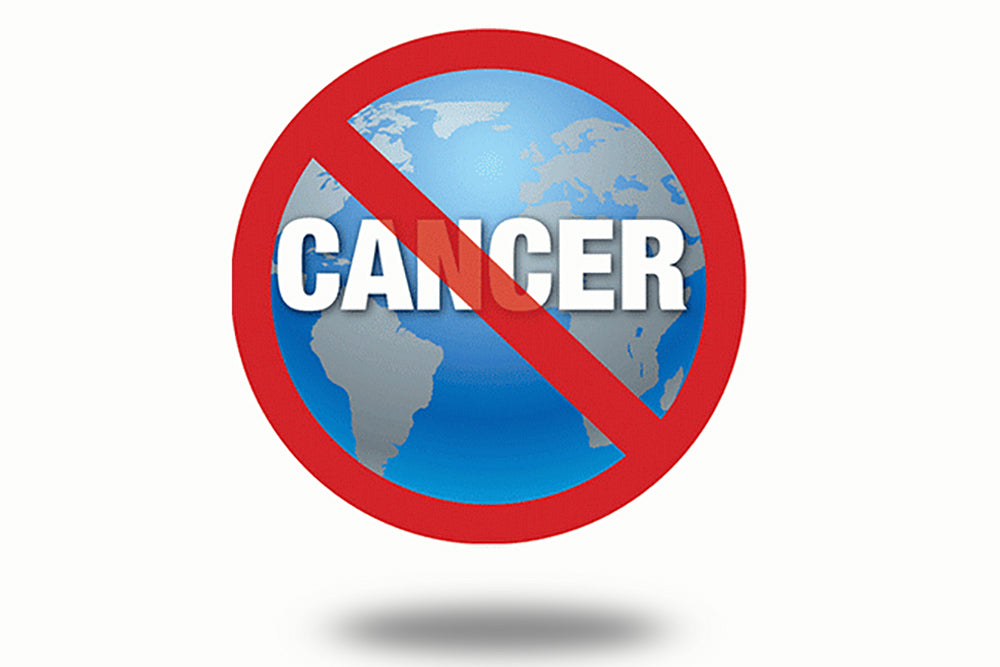The Key to Optimal Health
The key to optimal health is to maximize nutrient intake from raw foods without overburdening the digestive system, while also helping the body eliminate toxins.
But how do we do this? First, let’s look at the challenges we face and the potential consequences of a nutrient-starved diet.
Our Food Isn’t What It Used to Be
In biblical times, God’s provision of food was simple—raw, nutrient-rich, and grown in organic soil free of chemicals and environmental toxins. People didn’t have to think twice about what they ate. They could nourish themselves and enjoy robust health.
Over the centuries, and especially in recent times, even raw produce has lost much of its nutrient density and quality. For example:
- In 1997, broccoli contained only 53% of the calcium and 35% of the thiamin it had in 1979 (USDA Nutrient Handbooks).
- Donald R. Davis, in HortScience (2009), reported “median declines of 5% to 40% or more” in minerals, vitamins, and protein across fruits and vegetables over the past 50–70 years.
Why Modern Foods Are Less Nutritious
Today’s commercial farming practices, erosion of topsoil, and failure to let the land rest between plantings are key reasons for this decline.
Even though we need raw foods to supply essential vitamins, minerals, enzymes, and phytonutrients, the reality is that modern produce doesn’t deliver the same nutritional power it once did. To make up for this loss, we would need to eat far more raw foods than our digestive systems can handle.
Why We Can’t Eat Enough Raw Foods
Unlike cows, which can graze all day with multiple stomachs built to digest cellulose, our digestive systems can’t process that much fiber. Nutrients in raw vegetables are often trapped inside the fiber, and most people don’t chew thoroughly enough to release them.
As Dr. H. E. Kirschner, M.D., author of Live Food Juices, explains:
“The power to break down the cellular structure of raw vegetables and assimilate the precious elements they contain, even in the healthiest individual, is only fractional—about 35%. In the less healthy, it drops to 1%. In the form of juice, these same individuals assimilate up to 92% of these elements.”
Nourishing the Body at the Cellular Level
To prevent chronic disease and support longevity, our bodies must be nourished at the cellular level. Cells are living organisms that require living food—foods containing enzymes that help digest nutrients and deliver them efficiently to our cells.
When cells receive the nutrients they need, the benefits include:
- Abundant energy
- Improved cellular performance
- Proper organ function
But as we’ve seen, it’s nearly impossible to get enough nutrition from raw produce alone.
The 100-Year-Old Solution: Juicing
Juicing was pioneered over a century ago by health innovators who sought to maximize nutrient intake from raw foods.
One of the first was Dr. N. W. Walker, who overcame serious illness by juicing carrots daily. His recovery in two months—far sooner than doctors expected—sparked a movement.
Another powerful testimony comes from Reverend George Malkmus, founder of Hallelujah Diet. After being diagnosed with colon cancer, he switched to raw fruits, vegetables, and one to two quarts of raw vegetable juice daily. His tumor disappeared, and he regained vibrant health that continued for decades. (Learn more: Remembering Rev. George Malkmus.)
Why Juicing Works
Juicing removes the indigestible fiber, leaving only the nutrient-rich liquid that can be absorbed within minutes. This dramatically increases the percentage of nutrients that reach the cells.
To visualize the power of juicing:
- It takes a pound of raw vegetables to make eight ounces of juice—and most of those nutrients reach your cells.
- You could never eat two pounds of carrots in one sitting, but you can easily drink two eight-ounce glasses of carrot juice.
Looking for juice inspiration? Browse our Juice Recipes.
Choosing the Right Juicer
Hallelujah Diet’s Research Director, Michael Donaldson, PhD, evaluated various juicers for juice quality, enzyme activity, air and heat exposure, and juice yield. See the full details in the Juicer Comparison & Optimization Study and the companion webinar.
Top options include:
- Twin-gear juicer: Greenstar Juicer (GSE-1000)
- Masticating juicer: Read our feature, Why We Love the Champion Juicer
- Shop all available options: Juicers Collection
The Juice Powder Alternative
Thanks to modern technology, we can dehydrate fresh juices at low temperatures to preserve enzymes and nutrients. These juice powders mix easily with water or juice, offering many of the same benefits as fresh juice when juicing isn’t possible.
BarleyMax is a customer favorite—an organic barley grass juice powder that delivers near-instant energy and a well-balanced blend of natural vitamins, minerals, and enzymes. Explore all BarleyMax varieties or grab a convenient Juice On-The-Go Kit.
Final Thoughts: Balance Is Key
While juicing offers unmatched nutrition, it doesn’t replace eating whole raw vegetables. Fiber remains essential for colon health, bowel regularity, and toxin elimination. For additional fiber support, see our Fiber Cleanse options and learn more about fiber’s benefits in The Science Behind B-Flax.
That’s why the Hallelujah Diet emphasizes a balance between whole raw foods and freshly extracted vegetable juices—a combination that supports detoxification, healing, and vibrant living. New to the lifestyle? Start with A Day on the Hallelujah Diet or the book The Hallelujah Diet.







